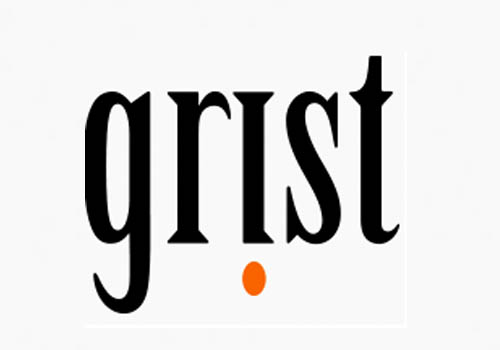Half of all humans owe their lives to small farmers, because that’s who grows most of the food in Africa and Asia. But it turns out that small farmers in poorer countries are stuck with seeds that can’t cope with a rapidly changing climate.
It’s a different story here in North America. A farmer in Illinois facing drought can plant Pioneer’s AQUAmax corn, which provides solid yields in dry years. If damp weather is covering your peas in powdery mildew, you can get mildew-resistant seeds. Most small farmers, on the other hand, can’t get their hands on new seeds bred to tolerate droughts, floods, and pests.
For the past six years, the Dutch nonprofit Access to Seeds has been researching the $50-billion seed industry — companies like Monsanto-buyer Bayer, Syngenta, and Pioneer — to see if they are making the latest innovations available to small farmers. It released a report this week showing that the vast majority of the world’s farmers can’t get their hands on the same seeds that help wealthier farmers produce bountiful harvests.
Grist spoke to Ido Verhagen, executive director of the nonprofit, about why more small farmers are seeking out improved seeds, why no one wants to breed beans, and why he thinks we need agribusinesses to help fix the food system.




